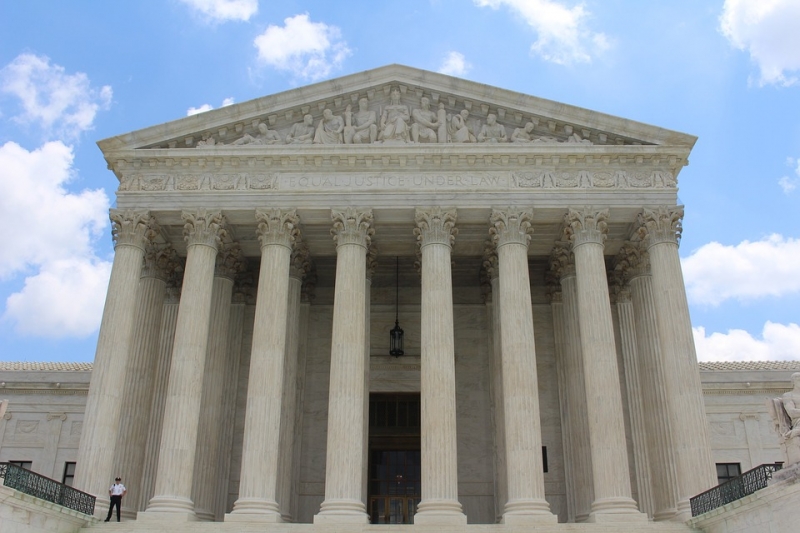Judges rely on precedential case law and legal interpretation in issuing their decisions, but with an increasing number of court cases relying on scientific evidence, judges must also understand the science to ensure a sound judicial process. Accurately deciding such cases not only determines the case at hand, but could set the precedent for similar cases in the future.
Judges have to make calls about the validity of an expert's testimony as well as how it fits into the larger body of evidence presented in the case. Furthermore, they must make sure that the scientific testimony of an expert witness is falsifiable, meaning that it must be specific enough to be hypothetically refuted. Judges must understand error rates in the scientific testimony as well as the importance of reliability of the observer and probability of observation.

In addition, judges need to expand their understanding of science in different fields of law. Patent law cases can depend entirely on the understanding of technical processes. Tort law can require an understanding of the risks posed by exposure to a chemical product. Criminal cases often use DNA evidence, the understanding of which can be crucial in bringing the responsible party to justice.
A global example of the importance of impartial and fact-based science in courts comes from climate cases, which deeply rely on judges being able to understand the full scope of the impacts of climate change in addition to the uncertainties associated. Cases in response to climate change have been brought forward in more than 25 countries, with the majority of these cases being filed in the United States. These cases range from seeking compensation from major corporate emitters to seeking policy change from governments to simply including climate arguments tangential to planning or regulatory cases. For example, several cities, counties, and at least one state have sued major fossil fuel companies to seek compensation for climate change damages. In Juliana v. United States, one of the landmark constitutional climate lawsuits of this century, 21 youth sued the U.S. government for failing to ensure future life and liberty of the younger generation, as well as protecting public trust resources, in its failure to address climate change.
The increasing role of science in the courts is a complicated development for judges, and it evokes many questions: What types of training can best prepare judges to rule on scientifically based cases? How can science training become a widely accepted part of judiciary practices? What tools can judges take with them from training into the courtrooms? ELI and leading experts in the field will be exploring these questions and more in an upcoming event, Spotlight on Judicial Training: Science in the Courts, on August 26 from 12 pm to 2 pm at the Environmental Law Institute in Washington, D.C.
This event is open and free to the public, but please register for in-person attendance or register for our webinar/telecom. Event details and RSVP information can be found here.
